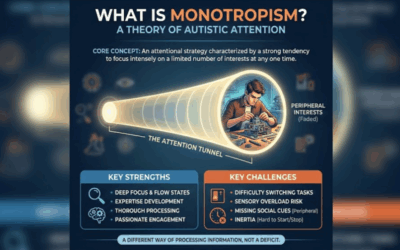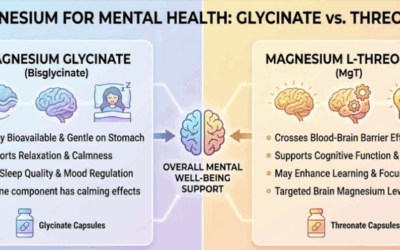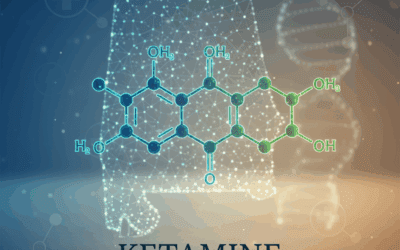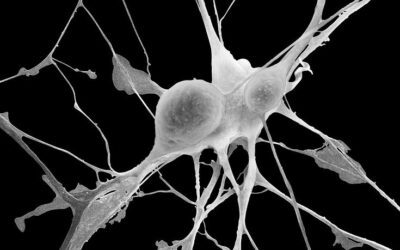Can You Inherit Trauma?

Epigenetics, the study of how environmental factors and lifestyle choices can influence gene expression without altering the underlying DNA sequence, has emerged as a critical area of focus in brain-based medicine. This dynamic field of research has shed light on the complex interplay between nature and nurture, revealing how our experiences, habits, and surroundings can shape brain health and behavior across the lifespan. This article explores the principles of epigenetics and how brain-based medicine approaches are leveraging this knowledge to promote optimal brain function and well-being.
The Fundamentals of Epigenetics
Gene Expression:
Epigenetics involves changes in gene expression, the process by which genetic information is translated into functional products, such as proteins. These changes can occur through various mechanisms, including DNA methylation and histone modification.
Reversibility:
Unlike genetic mutations, epigenetic modifications are often reversible. This plasticity suggests that interventions targeting epigenetic mechanisms may have the potential to modulate brain health and behavior.
Transgenerational Effects:
Epigenetic changes can be passed down to future generations, highlighting the importance of considering the long-term impact of environmental factors and lifestyle choices on brain health.
Epigenetic Factors Influencing Brain Health and Behavior
Early Life Experiences:
Exposure to stress, neglect, or adversity during critical developmental periods can lead to epigenetic changes that may increase the risk of mental health disorders later in life.
Nutrition:
Dietary factors, such as the consumption of nutrients like folate, choline, and omega-3 fatty acids, can influence epigenetic processes in the brain, impacting neurodevelopment and cognitive function.
Stress:
Chronic stress has been shown to induce epigenetic changes in brain regions associated with emotional regulation and stress response, potentially contributing to the development of mood disorders.
Environmental Toxins:
Exposure to environmental toxins, such as heavy metals and endocrine-disrupting chemicals, can lead to epigenetic alterations that may affect brain health and behavior.
Physical Activity:
Regular exercise has been found to promote epigenetic changes in the brain that support neuroplasticity, cognitive function, and emotional well-being.
Brain-Based Medicine Approaches to Epigenetics
Personalized Interventions: Brain-based medicine practitioners may use epigenetic profiling to develop personalized interventions that target an individual’s unique epigenetic landscape. This approach may involve tailored nutrition plans
Nutriepigenomics:
This emerging field explores how dietary components can influence epigenetic processes. Brain-based medicine practitioners may recommend specific nutrients or dietary patterns to promote beneficial epigenetic changes in the brain.
Stress Management Techniques:
Given the significant impact of stress on epigenetic modifications, brain-based approaches often incorporate stress reduction techniques such as mindfulness meditation, yoga, and biofeedback to mitigate negative epigenetic effects.
Environmental Toxin Reduction:
Practitioners may advise on strategies to minimize exposure to environmental toxins known to induce harmful epigenetic changes, such as using air purifiers or choosing organic foods when possible.
Lifestyle Optimization:
Brain-based medicine emphasizes the importance of lifestyle factors in shaping epigenetic processes. This may include recommendations for sleep hygiene, physical activity, and social engagement to promote positive epigenetic changes.
Types of Therapy
























0 Comments